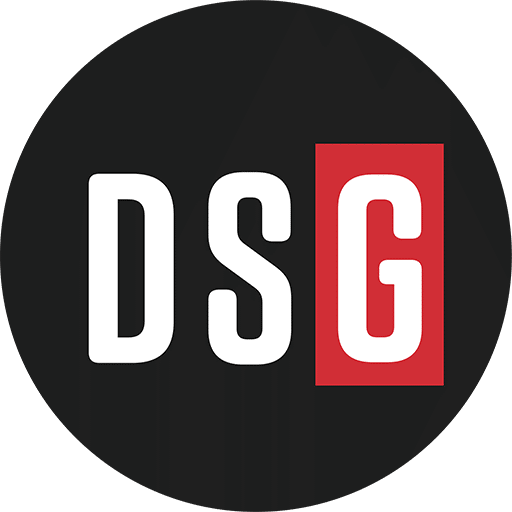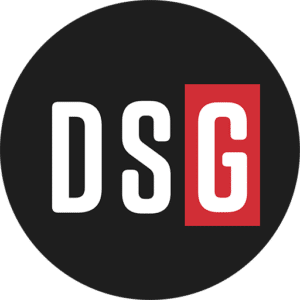Unilever PLC, one of the world’s largest consumer goods companies with 2024 global sales of approximately $65 billion, has expanded its cloud-based eB2B distribution platform to six key emerging markets and is preparing for additional rollouts, including the United States.
The London- and Rotterdam-based company confirmed that the platform, now operational in Indonesia, Vietnam, Pakistan, the Philippines, Thailand, and soon Bangladesh, connects Unilever directly to more than 600 distributors through real-time digital ordering, inventory management, automated replenishment, and route optimization tools.
Unilever said the platform currently processes 75,000 distributor and retailer orders daily, supporting annualized sales of €2.5 billion, or approximately $2.7 billion. Once the Bangladesh rollout is complete, Unilever expects the system to drive more than €4 billion ($4.3 billion) annually in sales across its distributive trade channels.
“Our goal was to create a future-fit platform that could scale and serve our distributive trade business globally, while adapting to local needs and nuances,” said Prashaant Huria, Unilever’s vice president and chief digital and technology officer for customer development.
While the initial rollout focuses on Asia, Unilever executives said the platform is being adapted for Latin America and will eventually expand to North America, including the U.S. market, where the company maintains a major distribution network for brands such as Dove, Hellmann’s, and Ben & Jerry’s.
For distributors, the system streamlines key operational tasks. Incoming orders are automatically matched against distributor inventory levels, generating resupply orders as needed, while the platform manages settlements, credits, and returns. A built-in route optimization feature helps distributors identify more cost-effective and sustainable delivery options, Unilever said.
The company is also investing in comprehensive training programs to ensure distributor sales teams can effectively transition to the digital system without service disruption.
By providing distributors with real-time insights and automation tools, Unilever aims to reduce operational costs, improve order fulfillment rates, and strengthen its B2B service model — positioning its distributor network for faster growth amid rising demand in emerging and developed markets alike, according to the company.
Don’t miss any content from Distribution Strategy Group. Join our list.


